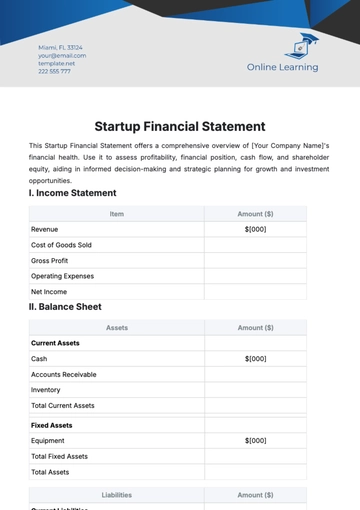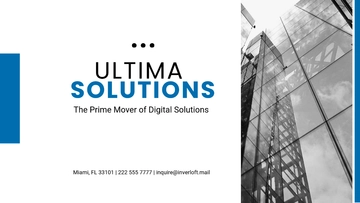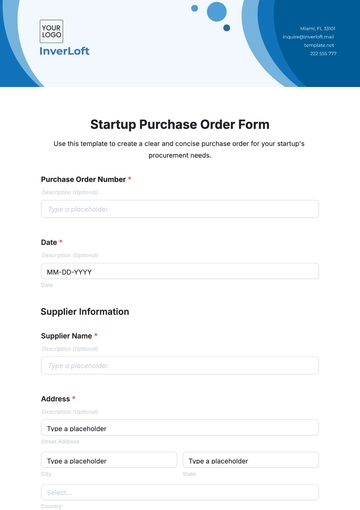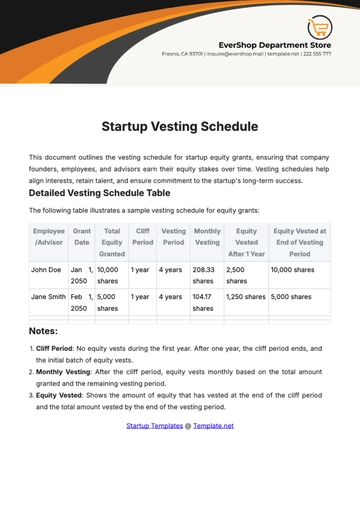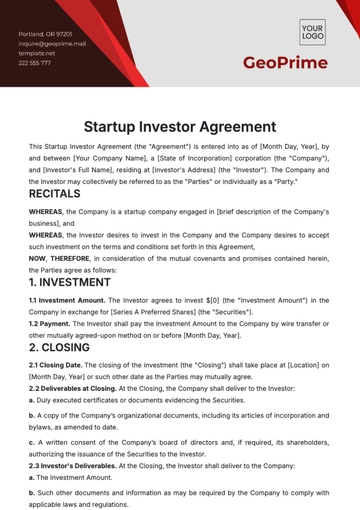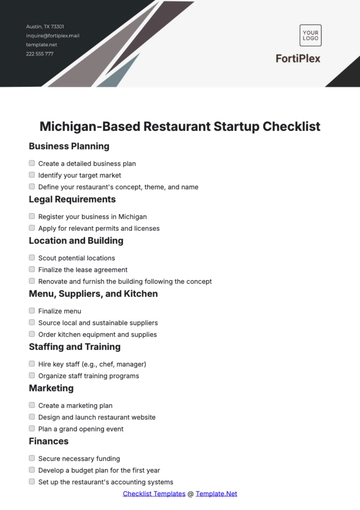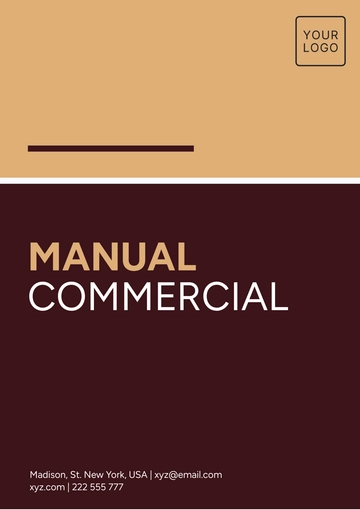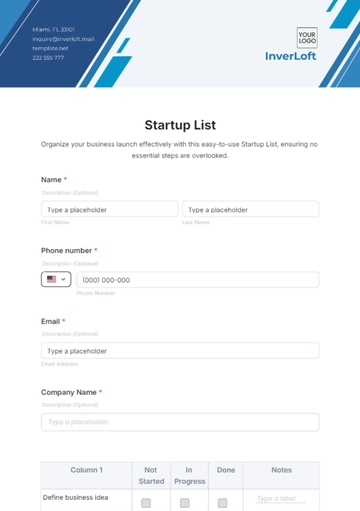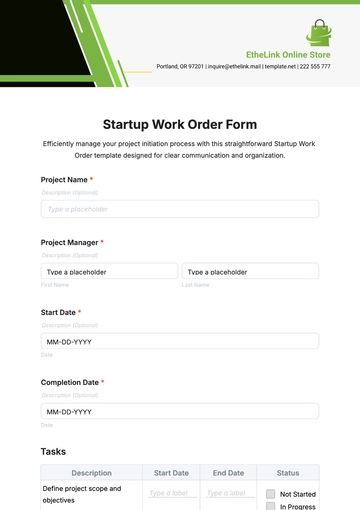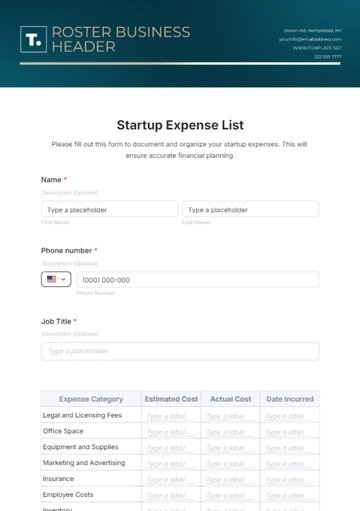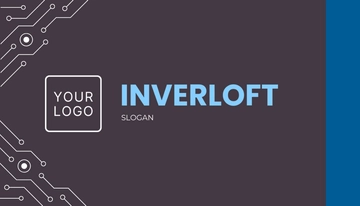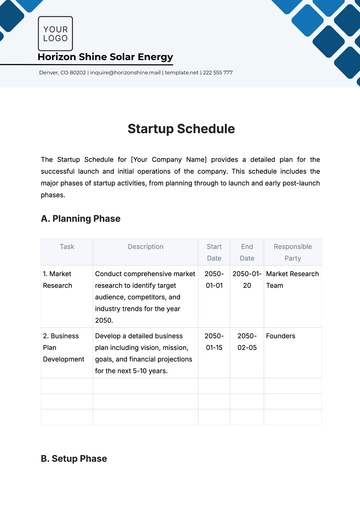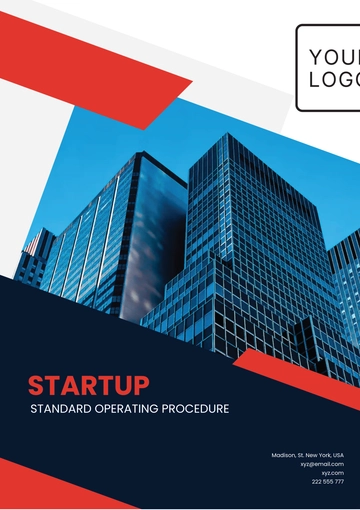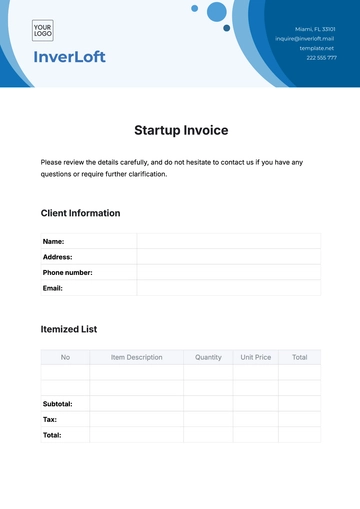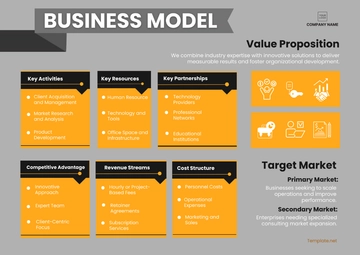Free Startup Legal Compliance Document
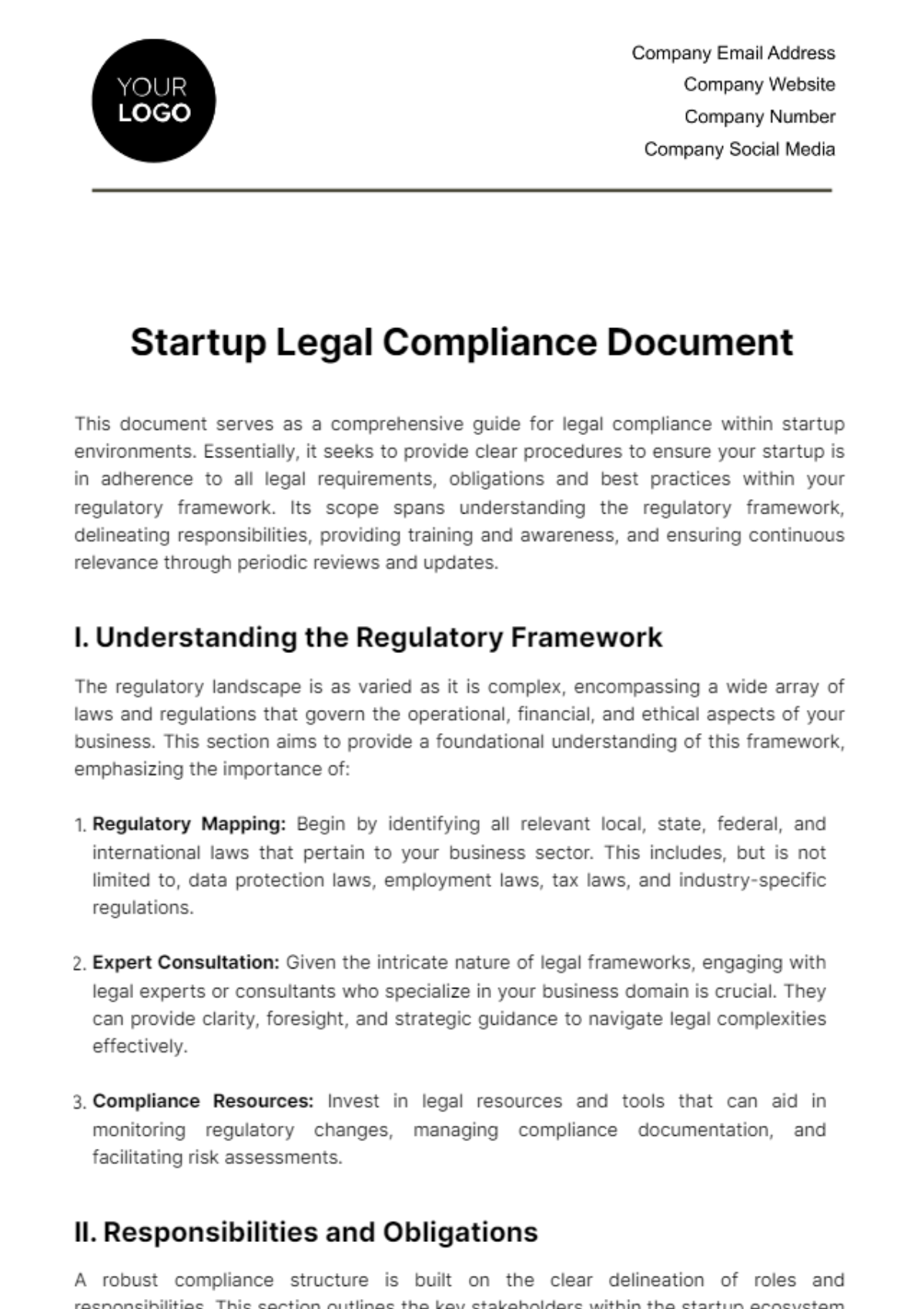
This document serves as a comprehensive guide for legal compliance within startup environments. Essentially, it seeks to provide clear procedures to ensure your startup is in adherence to all legal requirements, obligations and best practices within your regulatory framework. Its scope spans understanding the regulatory framework, delineating responsibilities, providing training and awareness, and ensuring continuous relevance through periodic reviews and updates.
I. Understanding the Regulatory Framework
The regulatory landscape is as varied as it is complex, encompassing a wide array of laws and regulations that govern the operational, financial, and ethical aspects of your business. This section aims to provide a foundational understanding of this framework, emphasizing the importance of:
Regulatory Mapping: Begin by identifying all relevant local, state, federal, and international laws that pertain to your business sector. This includes, but is not limited to, data protection laws, employment laws, tax laws, and industry-specific regulations.
Expert Consultation: Given the intricate nature of legal frameworks, engaging with legal experts or consultants who specialize in your business domain is crucial. They can provide clarity, foresight, and strategic guidance to navigate legal complexities effectively.
Compliance Resources: Invest in legal resources and tools that can aid in monitoring regulatory changes, managing compliance documentation, and facilitating risk assessments.
II. Responsibilities and Obligations
A robust compliance structure is built on the clear delineation of roles and responsibilities. This section outlines the key stakeholders within the startup ecosystem and their respective duties:
Legal Compliance Officer: This individual is the linchpin of the compliance program, tasked with developing, implementing, and overseeing the entire compliance framework. Their responsibilities include conducting regular compliance audits, training employees, and serving as the primary liaison with regulatory bodies.
Employees: Every employee, irrespective of their role, is obligated to act in accordance with the legal standards and ethical principles of the organization. This includes understanding the compliance policies relevant to their functions and reporting any non-compliance issues or concerns.
Partners and Vendors: Third-party entities engaged with the startup must align with the compliance standards set forth by the organization. Contracts and agreements should explicitly state compliance expectations and mechanisms for monitoring and enforcement.
III. Training and Awareness
Creating a culture of compliance transcends mere understanding; it requires ongoing education and engagement. This section emphasizes the importance of:
Comprehensive Training Programs: Develop and implement training sessions tailored to various roles within the organization, focusing on specific compliance issues relevant to each role.
Continuous Learning: Leverage a mix of training methods, including workshops, e-learning modules, and regular compliance updates, to keep the team informed and engaged.
Feedback and Improvement: Encourage open dialogue about compliance challenges and feedback on training programs to continuously adapt and improve the learning experience.
IV. Periodic Reviews and Updates
In the ever-evolving legal landscape, complacency can lead to non-compliance. This section underlines the necessity for ongoing vigilance through:
Regular Compliance Audits: Conduct internal and, where necessary, external audits to assess the effectiveness of the compliance program and identify areas for improvement.
Adaptive Compliance Framework: Establish a protocol for regularly updating compliance policies and procedures in response to legislative changes, emerging risks, and operational evolution.
Stakeholder Engagement: Foster a participatory approach by involving employees, management, and external partners in the review process, ensuring that the compliance program remains relevant and effective.
Conclusion
This Startup Legal Compliance Document serves as a strategic framework, designed to navigate the complexities of legal compliance while fostering a culture of integrity and accountability. By embedding these principles into the fabric of your startup, you not only safeguard against legal pitfalls but also lay the foundation for a resilient and ethical business.
Appendix
Glossary of Terms: A comprehensive list of legal and compliance-related terms used in this document.
Regulatory Agencies List: A directory of relevant regulatory bodies, including contact information and areas of oversight.
Compliance Checklist: A tool to assist in the regular assessment of compliance status across various operational areas.
Resource Library: Curated resources, including articles, legal texts, and guides, for deeper understanding and ongoing education in compliance matters.
This document is a living tool, meant to evolve alongside your startup, ensuring that legal compliance is not just a mandate but a core value driving your business forward.
- 100% Customizable, free editor
- Access 1 Million+ Templates, photo’s & graphics
- Download or share as a template
- Click and replace photos, graphics, text, backgrounds
- Resize, crop, AI write & more
- Access advanced editor
Template.net offers a comprehensive Startup Legal Compliance Document Template, designed to streamline your legal obligations. Our editable and customizable template empowers entrepreneurs to effortlessly address compliance needs. With our intuitive AI editor tool, you can easily tailor the document to your specific requirements. Simplify your legal processes and ensure compliance with Template.net's versatile solution.
You may also like
- Startup Agreement
- Non Profit
- Transport and Logistics
- Education
- IT Services and Consulting
- Startup Presentation
- Startup Business Plan
- Startup Proposal
- Startup Plan
- Startup Brochure
- Startup Form
- Startup Flyer
- Startup Checklist
- Startup Budget
- Startup Poster
- Startup Contract
- Startup Invoice
- Startup Letterhead
- Startup Quotes

